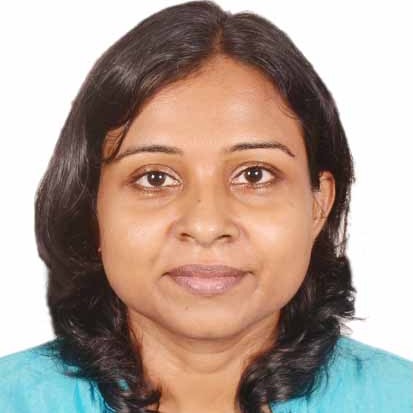
Prabhadini Godage
Postgraduate Researcher
Prabhadini Godage is a Medical Doctor who graduated from the University of Kelaniya, Sri Lanka. She has always been passionate about healthcare research and the field of digital health solutions. She obtained an MSc in Biomedical Informatics, focusing her research on digitalizing public health information systems, environmental and occupational health, and food safety. More recently, she successfully completed her Doctor of Medicine training in Health Informatics at the same institution, where her research focused on evaluating the sustainability of digital hospital health systems. She is currently pursuing PhD research at DkIT, evaluating the efficacy and impact of digital mindfulness-based interventions on psychological health and glycemic control in gestational diabetes.
Contact Details
Research Interests
Digital health; Health informatics
